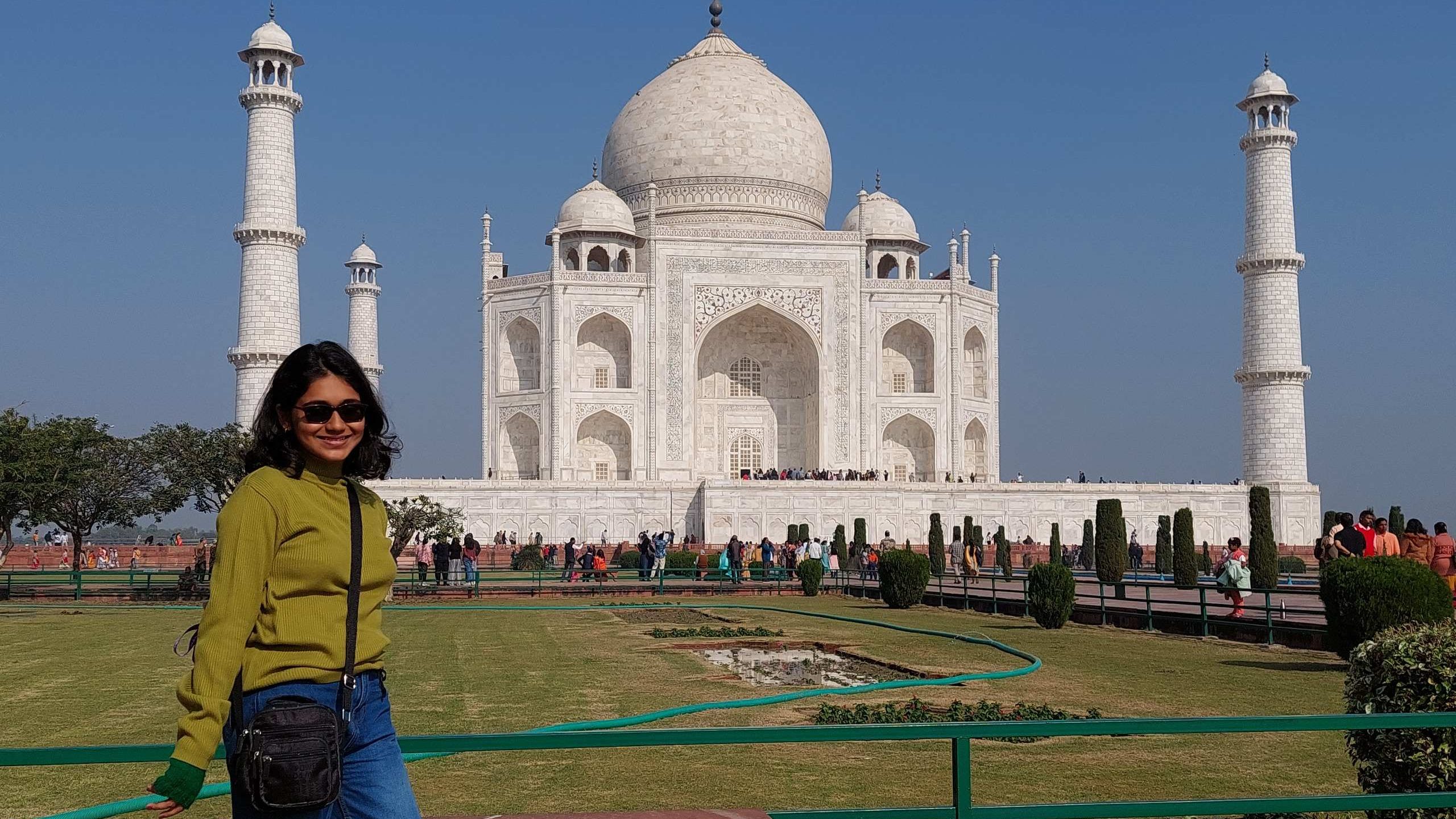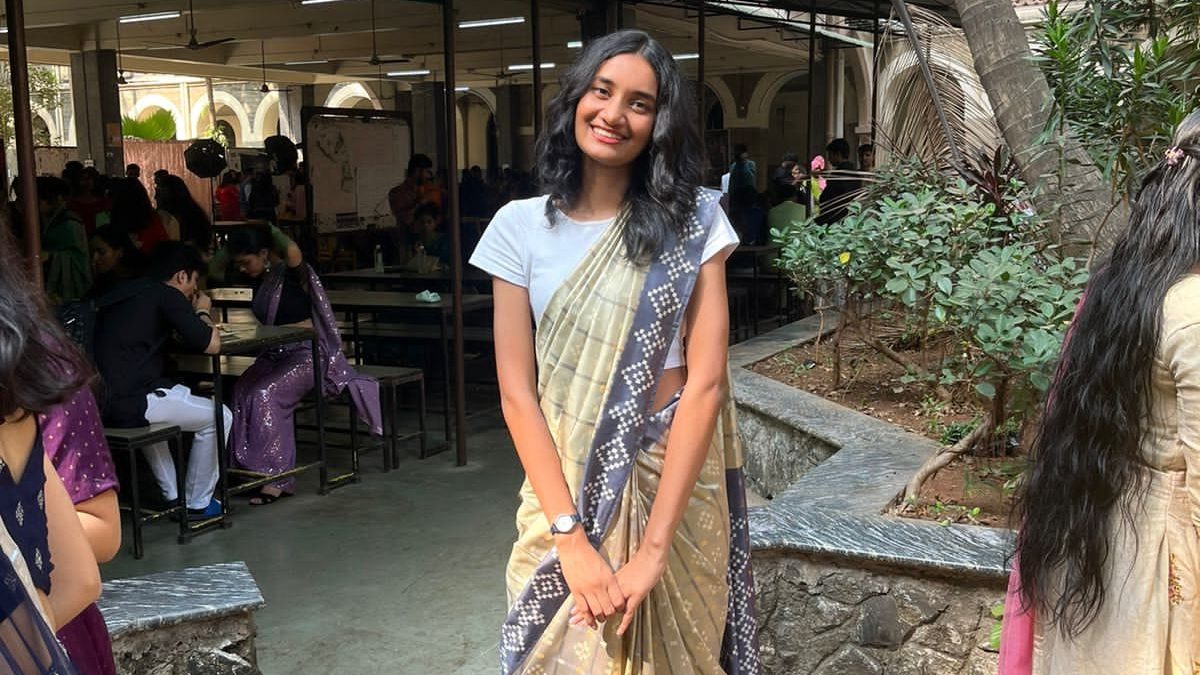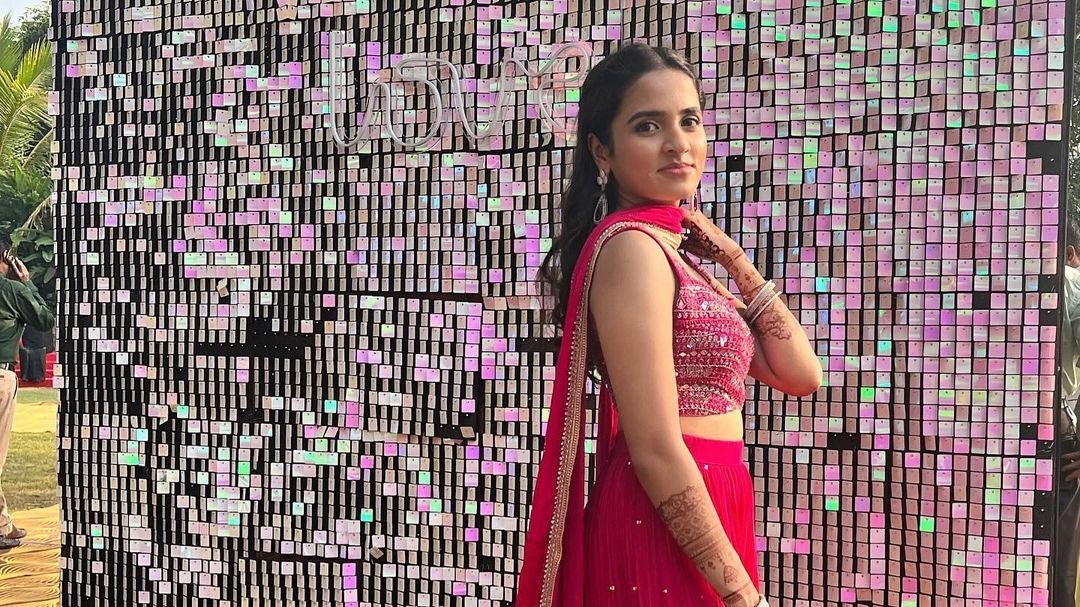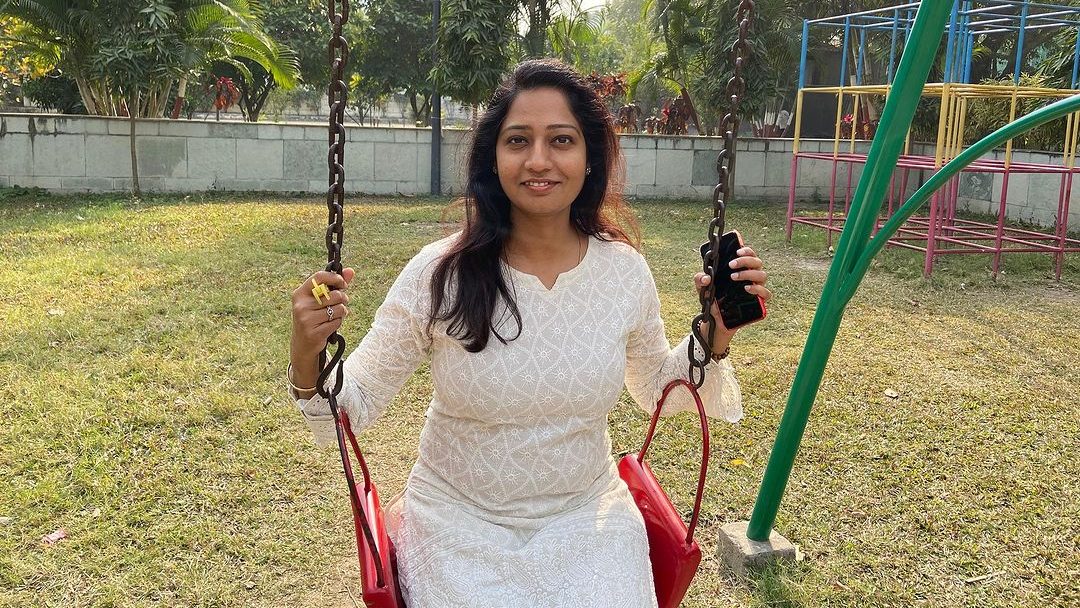Four young Indian women tackle the virginity myth, igniting a compelling discussion about choice, autonomy, and breaking away from traditional expectations.
In this intricate dance of tradition and modernity that defines contemporary India, few subjects spark as much debate as the concept of virginity. Steeped in centuries-old values, the notion of virginity—particularly in women—continues to be a measure of purity and worth in many communities. Yet, as the country modernizes and young women increasingly assert their autonomy, this long-held belief is coming under scrutiny. The dialogue around virginity, once dominated by rigid norms, is evolving into a complex conversation about choice, agency, and societal pressure.
To explore this shifting landscape, we delve into the lives of four young women—Karah, Zara, Serena, and Ankita. Each of whom bring a unique perspective about the topic on the table. Their stories reveal the diverse ways in which Indian women are grappling with the concept of virginity, premarital sex, and the lingering obsession with purity.
Karah Lisa Fernandes, 21, knows all too well the weight of tradition. Raised in a conservative catholic household in Goa, she has conditioned herself to believe that a woman’s virginity is synonymous with her honour. The fear of judgment from her family, her community, and society at large looms large in her mind. When she considers the possibility of premarital sex, it feels like standing on the edge of a cliff, where one wrong step could plunge her into a chasm of shame and dishonour.

“When I think about sex before marriage, it’s like this huge wall of fear that I can’t get past,” Karah says, her voice quivering slightly. “I’ve seen what happens to girls who are labelled as ‘impure.’ They’re ostracized, looked down upon, and treated as if they’re damaged.”
Karah’s experience is reflective of the deep-seated beliefs that still hold sway in many parts of India. The concept of virginity, for her, is less about personal morality and more about navigating a minefield of societal expectations. The fear of being labelled as “loose” or “characterless” is so overwhelming that it overshadows her own desires and agency.
“I want to make my own choices, but it’s hard when the stakes are so high,” she confesses. “The idea that one decision could ruin everything—my reputation, my family’s honour—it’s honestly very terrifying.”
The idea that a single decision could tarnish not just her reputation, but her family’s honour, is a burden she struggles to bear. But not all young women feel this way. Zara from Mumbai could not be more different in her outlook.
Zara Dias, 23, represents a stark contrast to Karah’s cautious approach. Raised in a liberal family in Mumbai, Zara has long rejected the concept of virginity as an outdated and oppressive construct. For her, virginity is not a measure of a woman’s worth—it’s a social invention designed to control women’s bodies and choices.

“Virginity is just a myth,” Zara asserts with confidence. “It’s something society came up with to dictate how women should behave. Why should my value be tied to whether or not I’ve had sex? That’s absurd.”
But Zara’s critique goes beyond just rejecting the concept of virginity. She also believes that while women should have the freedom to make their own choices, those choices should be made with maturity and self-awareness. “Engaging in sex is a big decision, and I believe it’s something that should be done when you’re truly ready—emotionally and mentally,” she explains. “For most people, that kind of maturity doesn’t really kick in until you are in your twenties.”
Zara’s perspective is nuanced. While she rejects societal pressure to remain a virgin until marriage, she also acknowledges the importance of making informed and intentional choices about sex. “I see a lot of young women, my colleagues, feel pressured into sex- either by their boyfriends, peer pressure, or simply because they think it’s what they’re supposed to do,” Zara says. “That’s not empowerment; that’s just another form of coercion.”
Her words highlight a critical point in the conversation about sexual autonomy: the difference between making a free choice and succumbing to external pressures. For Zara, true empowerment lies in the ability to make decisions that are aligned with one’s own values and readiness, rather than being swayed by societal or relational demands.
Meanwhile Serena, 27, offers a perspective that bridges the gap between tradition and modernity. Raised in a close-knit, religious family in Chennai, Serena has always believed that sex is something sacred, best reserved for marriage. “For me, sex is about love, commitment, and a deep connection with my partner,” she explains. “That’s why I’ve chosen to wait until marriage.”
However, Serena’s belief in waiting does not translate into judgment of others who choose differently. “I’ve made this choice for myself, but that doesn’t mean I think less of women who have sex before marriage,” she says. “Everyone’s journey is different, and what’s right for one person might not be right for another.”
Serena’s outlook reflects a growing trend among young women who, while holding onto traditional values, are also embracing a more open-minded and inclusive approach to others’ choices. This balance of personal conviction and tolerance is indicative of a broader cultural shift towards individualism and respect for diverse perspectives.
“Sex is a personal decision, and it’s not my place to judge someone else’s choices,” Serena adds. “What matters is that it’s consensual, respectful, and aligns with what feels right for the individual.”
Serena’s approach highlights the evolving nature of traditional beliefs in modern India. While she chooses to uphold her own values, she recognizes the importance of allowing others to make their own decisions without fear of judgment. This nuanced perspective represents a significant departure from the rigid, one-size-fits-all standards of the past.
But if Serena represents the middle ground, Ankita, 24, embodies a spirit of rebellion. Ankita views premarital sex as a means of reclaiming power and challenging the patriarchal norms that have long dictated women’s behaviour. Growing up in a progressive household in Delhi, Ankita was encouraged to think critically and assert her independence. For her, engaging in premarital sex is not just a personal choice—it’s an act of defiance.

“I see premarital sex as a way to take back control of my own narrative,” Ankita says, her voice brimming with determination. “Why should I follow rules that were made by men to control women? My body, my choice—simple as that.”
For Ankita, rejecting the virginity myth is about more than just sexual freedom—it’s about resisting a system that has historically oppressed women. “Engaging in premarital sex is my way of saying that I refuse to be defined by patriarchal standards,” she asserts. “It’s about reclaiming my body, my decisions, and my life.”
Ankita’s perspective resonates with a growing number of young women who view their sexual choices as a form of empowerment and resistance. By challenging the traditional norms around virginity, they are asserting their right to live on their own terms, free from societal constraints.
The stories of Karah, Zara, Serena, and Ankita illustrate a significant shift in attitudes toward virginity and premarital sex among young Indian women. While traditional beliefs still hold sway, particularly in more conservative circles, there is a growing recognition that virginity is, at its core, a social construct—one that has been used to control and define women’s behaviour for generations.
This shift raises important questions about the nature of right and wrong when it comes to sexual choices. Is there a definitive moral standard, or are these concepts merely societal constructs that have outlived their usefulness? As more women challenge the traditional narratives around virginity, it becomes increasingly clear that what is considered “right” or “wrong” in this context is highly subjective and dependent on individual values and circumstances.
These personal stories highlight the diverse attitudes young Indian women hold towards virginity, but how does this shift in thinking fit into the larger psychological landscape? To gain deeper insight, I reached out to Jaya Jaiswal, a counsellor and sex educator based in West Bengal, who has observed these changing attitudes firsthand.

Jaya emphasizes that the concept of virginity is deeply rooted in patriarchal norms designed to control women’s sexuality. “Historically, virginity has been used as a tool to dictate a woman’s worth and to ensure control over her body,” she explains. “But what we’re seeing now is a gradual dismantling of these old beliefs as women begin to assert their autonomy.”
According to Jaya, the evolving perspectives of young women like Karah, Zara, Serena, and Ankita reflect a broader societal shift. “Young women today are more informed and empowered to question the status quo. They are challenging the narratives that have long dictated what is right or wrong regarding sexuality.”
But Jaya also points out the importance of understanding the emotional complexities involved in this shift. “While it’s liberating for many to reject the virginity myth, it’s also important to recognize the psychological and emotional challenges that come with navigating these changes, especially in a society where traditional values still hold significant sway.”
This tension is evident in Karah’s story. Her struggle with the fear of judgment highlights how deeply ingrained these norms are. “Karah’s experience is not uncommon,” Jaya notes. “For many women, the fear of being labeled as ‘impure’ or ‘unworthy’ is a significant barrier to embracing their sexual autonomy. This fear is often compounded by the pressure to conform to societal expectations, which can be incredibly stifling.”
For many women, the fear of being labeled as ‘impure’ or ‘unworthy’ is a significant barrier to embracing their sexual autonomy.
– Jaya
Zara’s emphasis on maturity and informed decision-making adds another layer to this conversation, something Jaya strongly advocates. While she rejects the virginity myth, she also cautions against rushing into sexual experiences due to external pressures. Her perspective challenges the notion that sexual freedom is synonymous with empowerment; instead, she argues that true empowerment comes from making choices that are reflective of one’s own readiness and values.
Serena’s balanced approach also receives praise from Jaya, who sees it as a sign of progress. “Serena represents a growing number of women who, while holding onto their personal beliefs, are also open-minded and accepting of others’ choices. This kind of tolerance is essential for creating a more inclusive and supportive environment for all women.”
Ankita’s rebellious stance is another aspect that Jaya finds significant. “Ankita’s approach is a powerful reminder that for some women, sexual autonomy is not just about personal freedom, but also about resisting and challenging the systems that have historically oppressed them. Her decision to engage in premarital sex as a form of rebellion is a statement of empowerment in itself.”
As we consider these diverse perspectives, Jaya encourages us to reflect on the broader implications of this shift in attitudes. “The dismantling of the virginity myth is a positive step towards greater sexual autonomy for women. However, it’s important to ensure that this shift is accompanied by comprehensive sexual education, emotional support, and a societal acceptance that allows women to make their choices without fear of judgment or coercion.”
…for some women, sexual autonomy is not just about personal freedom, but also about resisting and challenging the systems that have historically oppressed them.
– Jaya Jaiswal
This evolving discourse around virginity and premarital sex reflects a broader cultural shift towards individualism and personal agency. As more young women assert their right to make their own decisions, free from societal judgment, the power of the virginity myth is beginning to wane.
Yet, this shift is not without its challenges. The deeply ingrained societal norms around virginity continue to exert significant influence, particularly in more conservative communities. For women like Karah, the fear of judgment remains a powerful deterrent to exercising their autonomy.
However, the growing diversity of perspectives—ranging from Zara’s rejection of societal constructs to Serena’s balanced approach and Ankita’s rebellious defiance—signals a changing tide. These young women are not just navigating the complexities of tradition and modernity; they are actively reshaping the conversation around virginity, sex, and autonomy.
As the dialogue around virginity continues to evolve, one thing becomes clear: there is no one-size-fits-all approach. The concept of virginity is increasingly being recognized as a mentality rather than a reality, a relic of a bygone era that is slowly being dismantled by a new generation of women.
…it’s important to ensure that this shift is accompanied by comprehensive sexual education, emotional support, and a societal acceptance…
-Jaya Jaiswal
For some, like Serena, virginity remains a cherished value, tied to personal beliefs and traditions. For others, like Zara and Ankita, it is a construct to be challenged and discarded in favour of autonomy and empowerment. And for women like Karah, the journey towards self-determination is still fraught with fear and uncertainty, shaped by the powerful forces of tradition and societal expectation.
As these voices grow louder and more diverse, the virginity myth will continue to lose its grip on the collective consciousness. In its place, a new narrative is emerging—one that prioritizes personal choice, respect, and consent over outdated notions of purity and worth.
In the end, virginity is not a measure of a woman’s value; it is simply a choice, one of many that a woman can make about her own body and life. And as more women assert their right to make that choice on their own terms, the conversation around virginity will continue to evolve, reflecting the changing realities of a society in flux. The future of virginity in India is not about adhering to a rigid standard, but about embracing the diversity of experiences, beliefs, and choices that define modern womanhood. As these women navigate the complexities of tradition, modernity, and personal agency, they are not just challenging the virginity myth—they are rewriting the rules of what it means to be a woman in today’s world.
Why should my value be tied to whether or not I’ve had sex?
– Zara Dias
